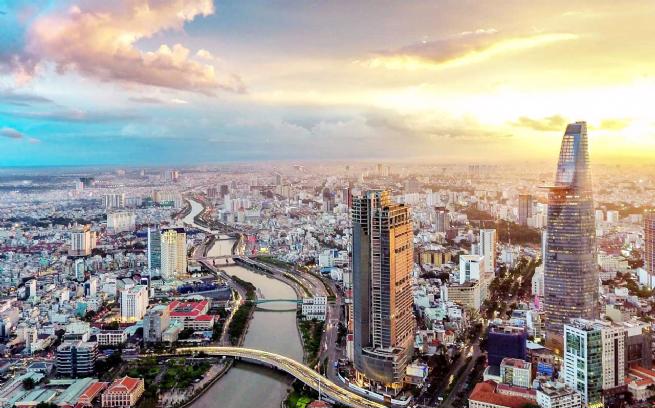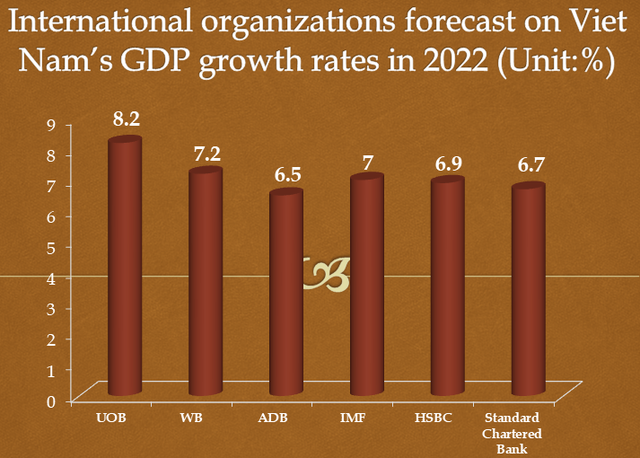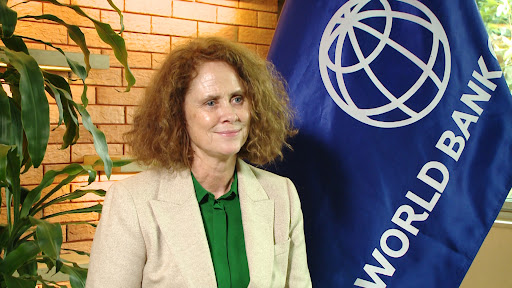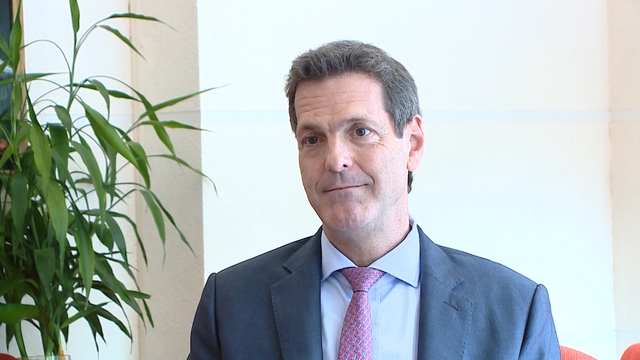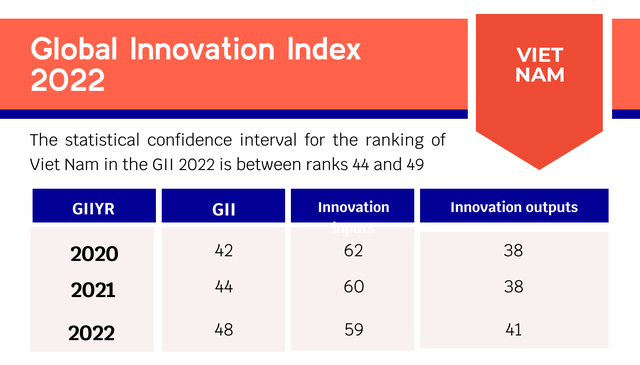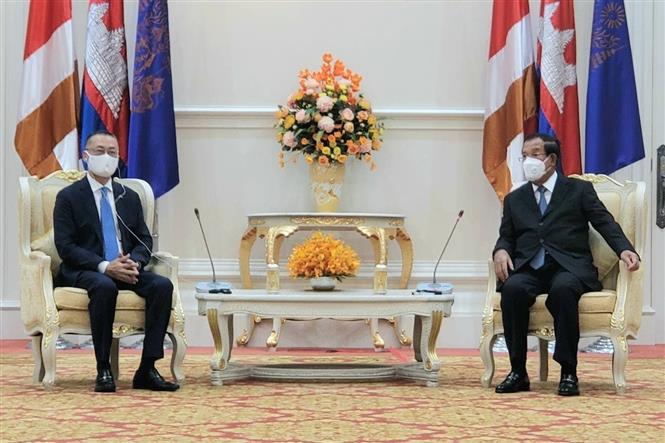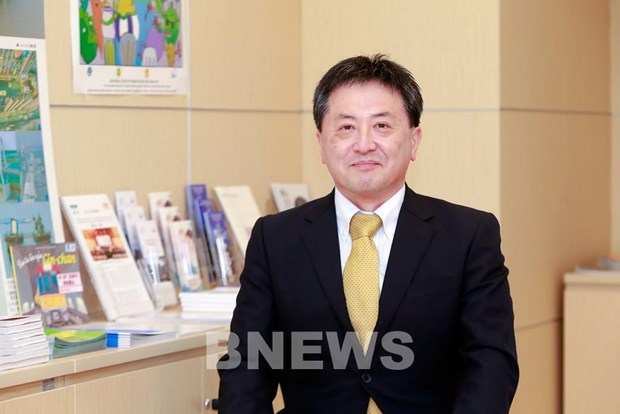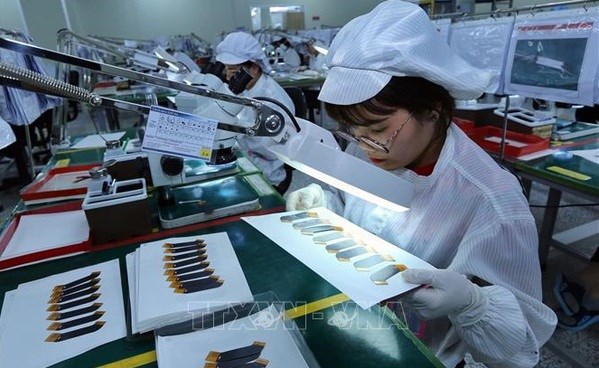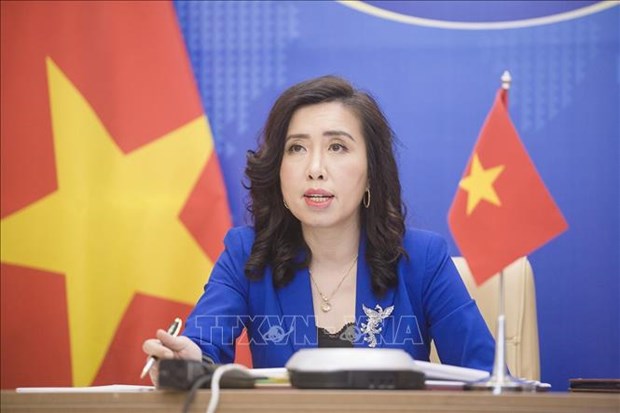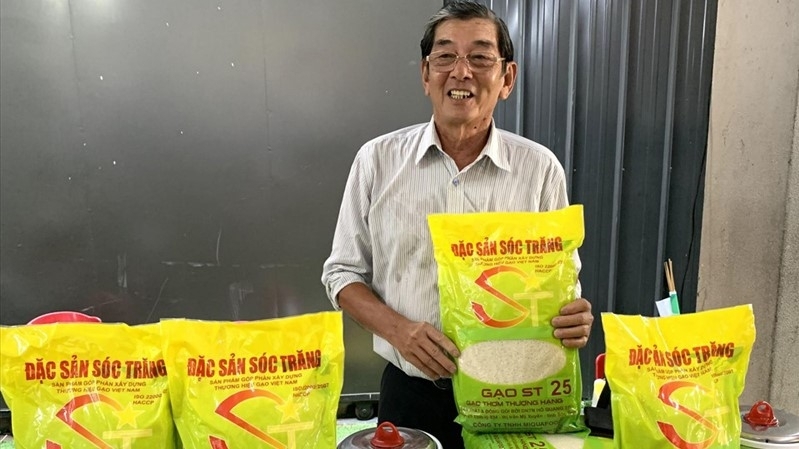Vietnam’s economy continues significant recovery
(VEN) - The Vietnamese economy continued recovering in the first 10 months of 2022 with inflation under control and major balances maintained, according to the Ministry of Planning and Investment.
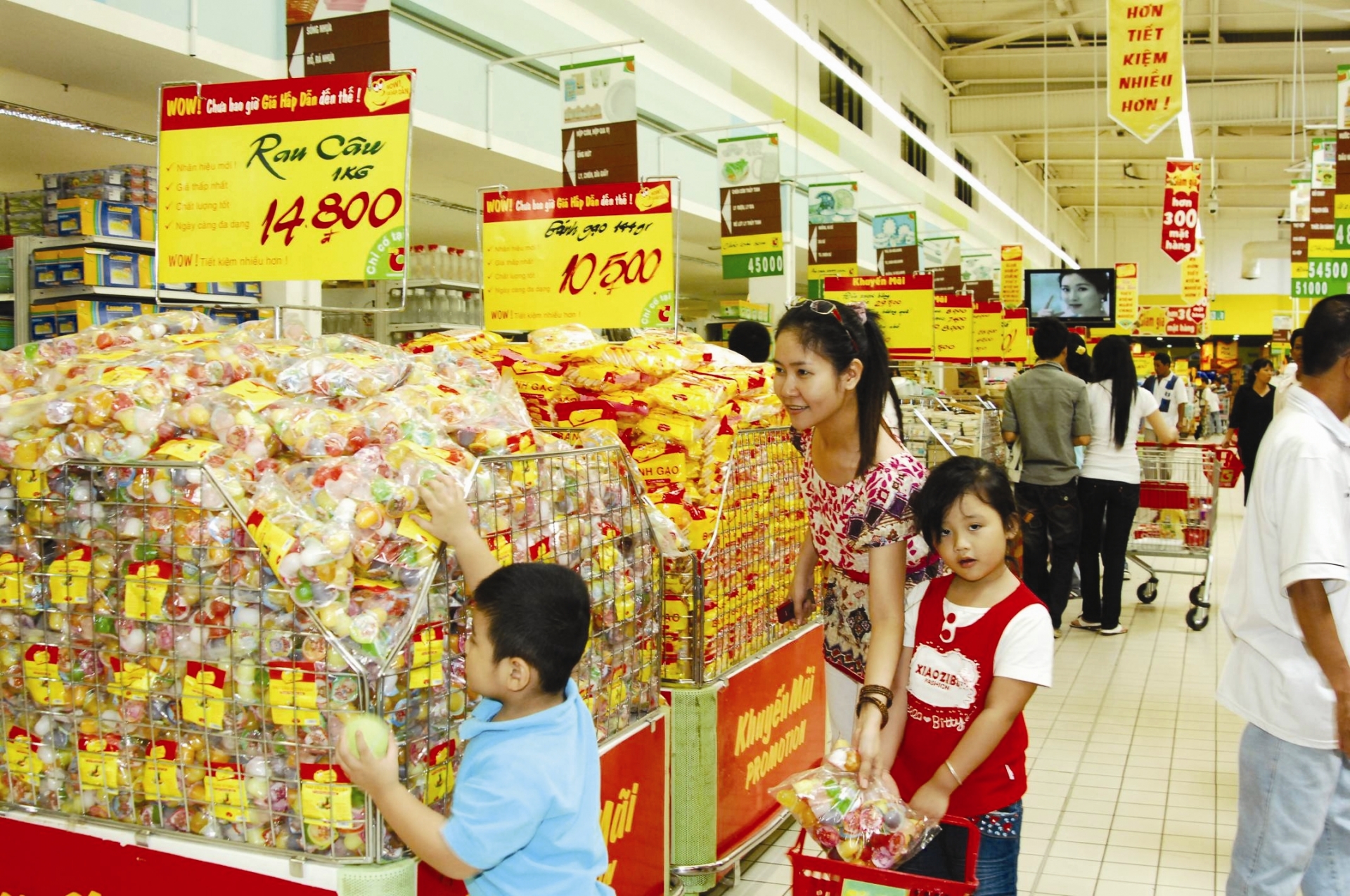
Optimistic picture
Reporting to the government’s regular October 2022 meeting, Minister of Planning and Investment Nguyen Chi Dung said Vietnam continued to see positive economic recovery with good growth in many fields, paving the way for further growth in the fourth quarter of the year.
While many other countries face high inflation, Vietnam’s average consumer price index (CPI) in the first 10 months of 2022 grew a mere 2.89 percent, equivalent to CPI growth in the same periods of 2018-2021; implemented foreign direct investment (FDI) reached US$17.45 billion, up 15.2 percent year-on-year, reducing pressure on the balance of international payment in the short term, and helping increase production capacity.
State budget revenues in the first 10 months reached 103.7 percent of annual projections, up 16.2 percent year-on-year (revenue from domestic sources reached 98.4 percent of the annual projection, up 12.1 percent year-on-year).
The production index of the entire industrial sector in October grew 6.4 percent year-on-year, rising nine percent in the first 10 months compared with the same period last year. Domestic consumer demand has recovered strongly, while business operations continued expanding. The number of new companies established in October was 58.3 percent higher compared with the same time last year. Vietnam recorded a trade surplus of US$2.27 billion in October and US$9.4 billion in the first 10 months.
 State budget revenues in the first 10 months of 2022 reached 103.7 percent of annual projections
State budget revenues in the first 10 months of 2022 reached 103.7 percent of annual projections
Challenges
Despite positive results, according to Minister Dung, the Vietnamese economy still has to cope with major difficulties and challenges during the final months of the year due to both internal and external pressures. Global economic growth is forecast to slow down and high inflation to continue, increasing the risk of economic recession, especially for major economies. Meanwhile, geopolitical strategic competition between large countries and tensions between Russia and Ukraine remain fierce; the financial and monetary markets of developing countries still face many risks; energy and food security, natural disasters, epidemics and climate change remain major concerns.
Domestically, management of production and trade at a macro level remains complicated, affecting the growth of economic sectors towards year’s end.
Major tasks proposed by the Minister of Planning and Investment for the rest of the year include accelerating effective implementation of Government Resolutions 01/NQ-CP, 02/NQ-CP and 124/NQ-CP, the Socioeconomic Recovery and Development Program, the COVID-19 Prevention and Control Program, and Prime Ministerial Instruction 15/CT-TTg on macroeconomic stability. The minister added that ministries and localities should take the initiative in proposing and implementing flexible, timely measures to deal with new problems.
The minister also urged flexible financial and monetary policies, harmoniously combining interest and foreign exchange rates as tools to regulate macroeconomic indexes. The dissemination of information about developments in the monetary market should be cautious to prevent currency speculation and curb inflation.
It is also necessary to keep a close watch on changes in the world economy, especially in other countries’ policies and in prices of fuels and strategic materials. Domestic production should be regulated to ensure sufficient supply of goods for the 2023 Lunar New Year, the minister said.

